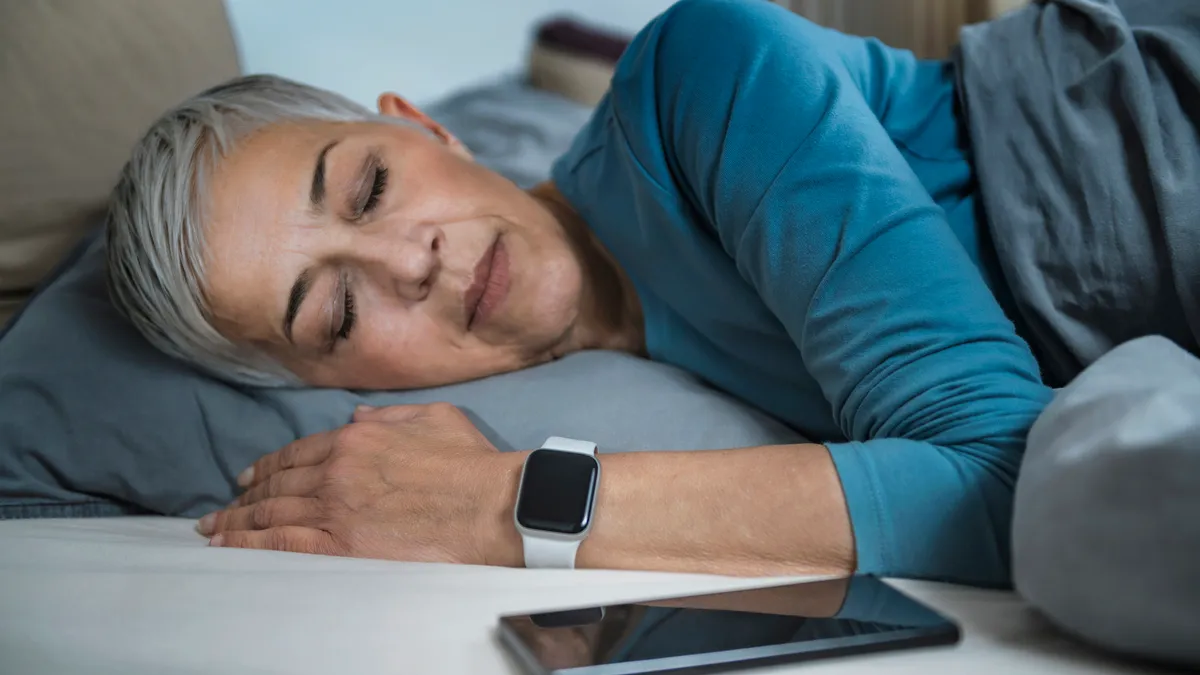In today’s fast-paced world, getting a good night’s sleep is more important than ever for overall health and well-being. However, many of us struggle to get the quality and quantity of sleep we need to function at our best.
This is where sleep tracking can be a valuable tool. By monitoring your sleep patterns and identifying areas for improvement, you can take proactive steps to optimize your sleep quality and wake up feeling refreshed and rejuvenated.
What is Sleep Tracking?
Sleep tracking involves monitoring and recording various aspects of your sleep, such as:
- Sleep Duration: The total amount of time you spend asleep each night.
- Sleep Quality: The depth and restfulness of your sleep, often measured using factors such as sleep stages and sleep efficiency.
- Sleep Patterns: The timing and consistency of your sleep, including bedtime, wake time, and any disruptions during the night.
How Does Sleep Tracking Work?
There are several methods for tracking sleep, ranging from simple pen-and-paper sleep logs to advanced wearable devices and smartphone apps. Some common methods include:
- Wearable Devices: Smartwatches and fitness trackers equipped with sleep tracking capabilities can monitor your movement, heart rate, and other factors to provide detailed insights into your sleep patterns.
- Smartphone Apps: There are numerous smartphone apps available that use your phone’s accelerometer and microphone to track your movements and detect sounds during sleep.
- Bedside Devices: Specialized sleep tracking devices, such as sleep monitors and mattress sensors, can provide detailed data on your sleep patterns without the need to wear a device.
The Benefits of Sleep Tracking
1. Identifying Sleep Patterns:
- Sleep tracking can help you identify patterns in your sleep habits, such as consistent bedtime and wake time, as well as any disruptions during the night.
2. Monitoring Sleep Quality:
- By tracking your sleep stages and sleep efficiency, you can gain insights into the depth and restfulness of your sleep.
3. Detecting Sleep Disorders:
- Sleep tracking can help detect potential sleep disorders, such as sleep apnea or insomnia, by monitoring for signs of irregular or disrupted sleep patterns.
4. Optimizing Sleep Environment:
- Sleep tracking can highlight environmental factors that may be affecting your sleep, such as noise, light, or temperature, allowing you to make adjustments for better sleep quality.
5. Improving Sleep Hygiene:
- Armed with data from sleep tracking, you can make informed decisions about your sleep habits and lifestyle, such as adjusting your bedtime routine or limiting caffeine intake.
Tips for Effective Sleep Tracking
- Be Consistent: Track your sleep consistently every night to get an accurate picture of your sleep patterns.
- Combine Methods: Consider using a combination of methods, such as wearable devices and smartphone apps, to get a more comprehensive view of your sleep.
Conclusion
Sleep tracking can be a valuable tool for improving your sleep quality and overall health. By monitoring your sleep patterns and making informed decisions about your sleep habits and lifestyle, you can take proactive steps to optimize your sleep and wake up feeling refreshed and rejuvenated.
So consider incorporating sleep tracking into your bedtime routine, and start reaping the benefits of better sleep today!

Leave feedback about this